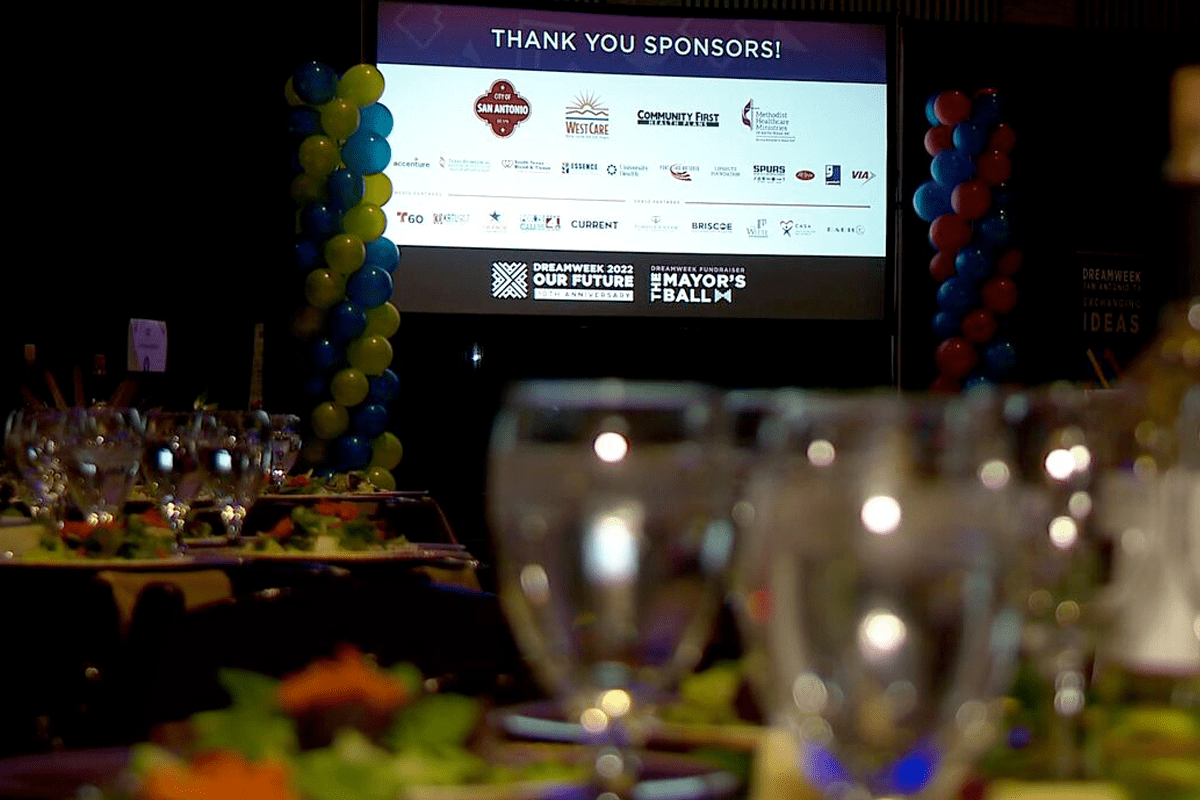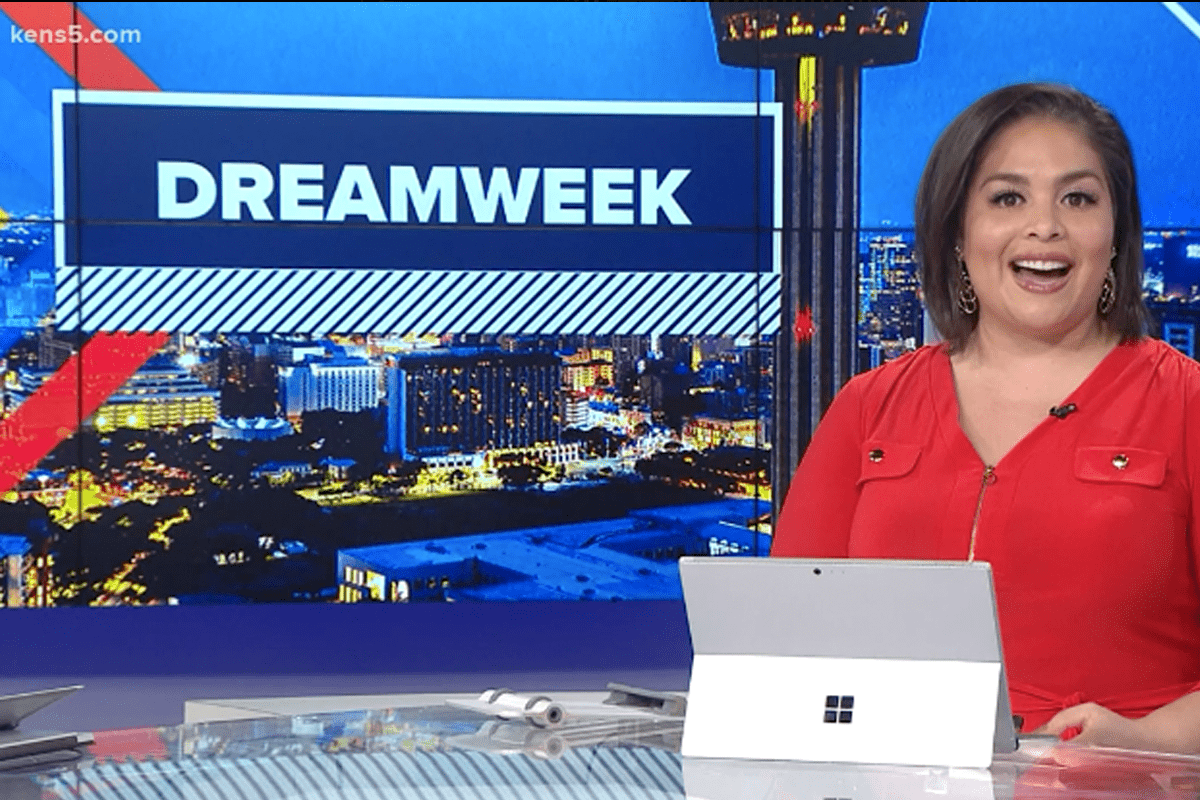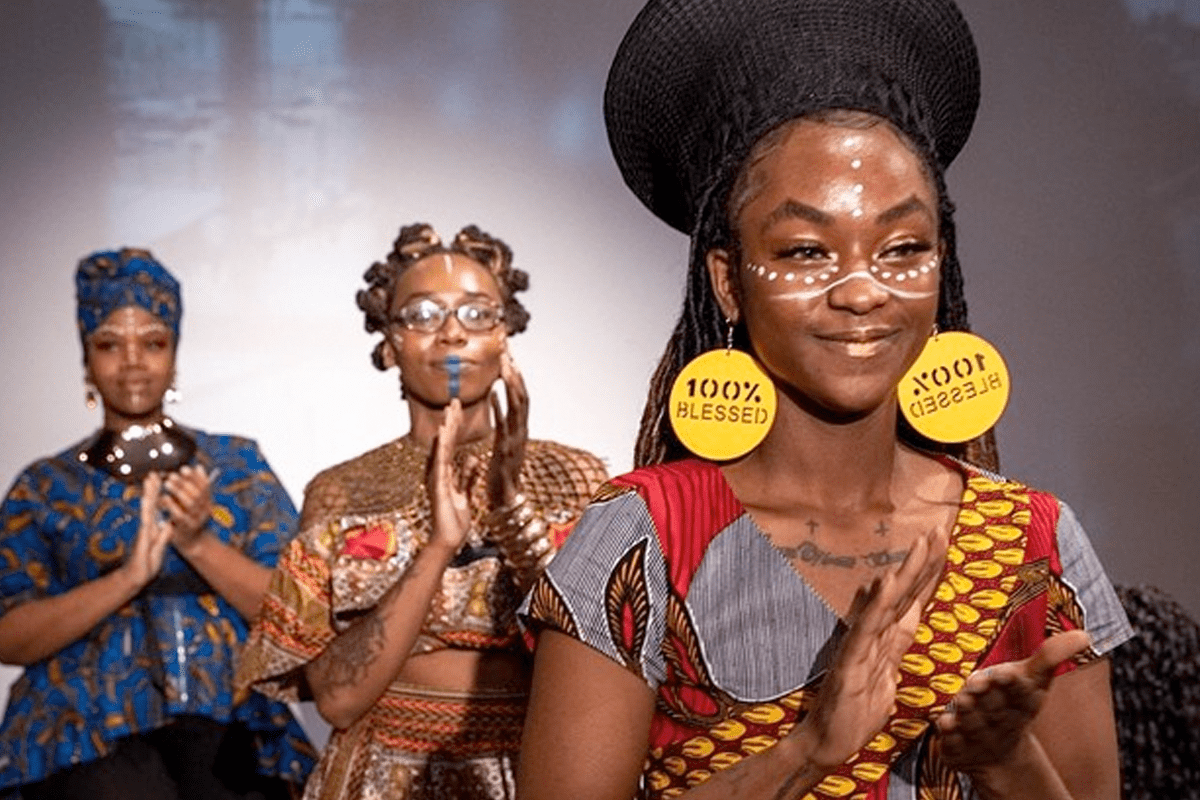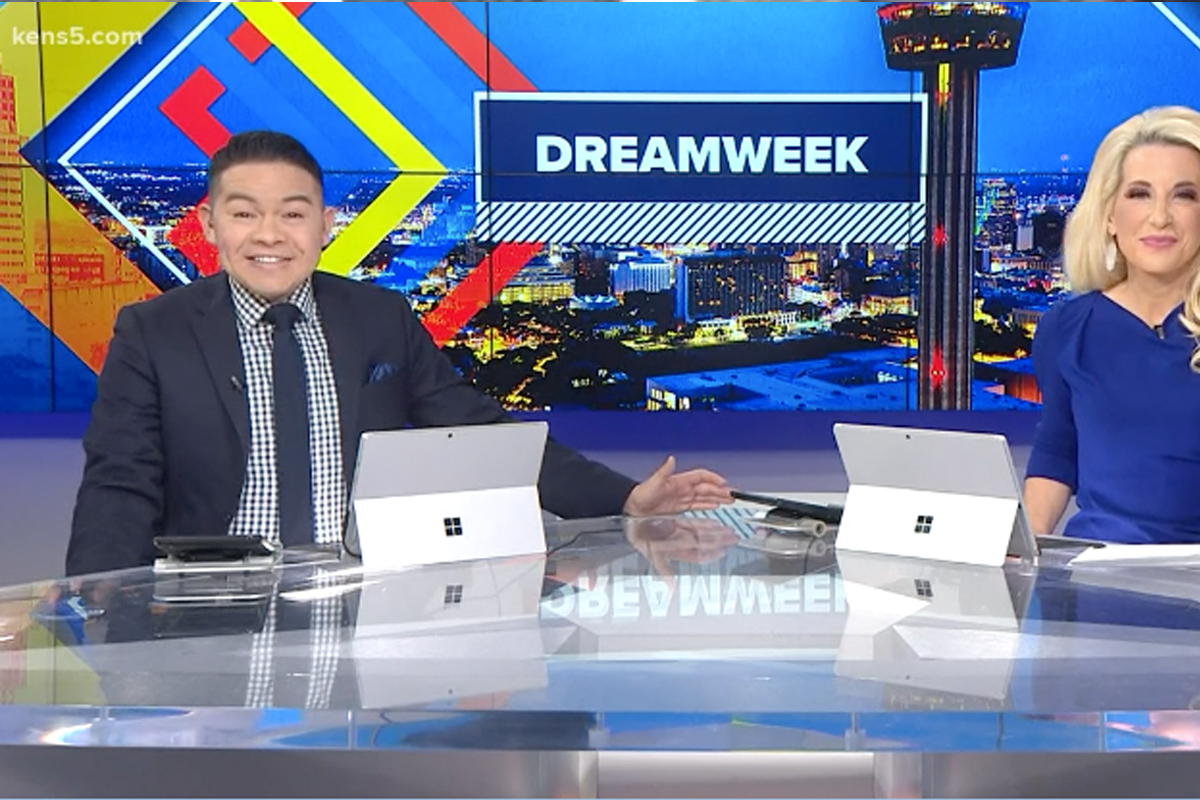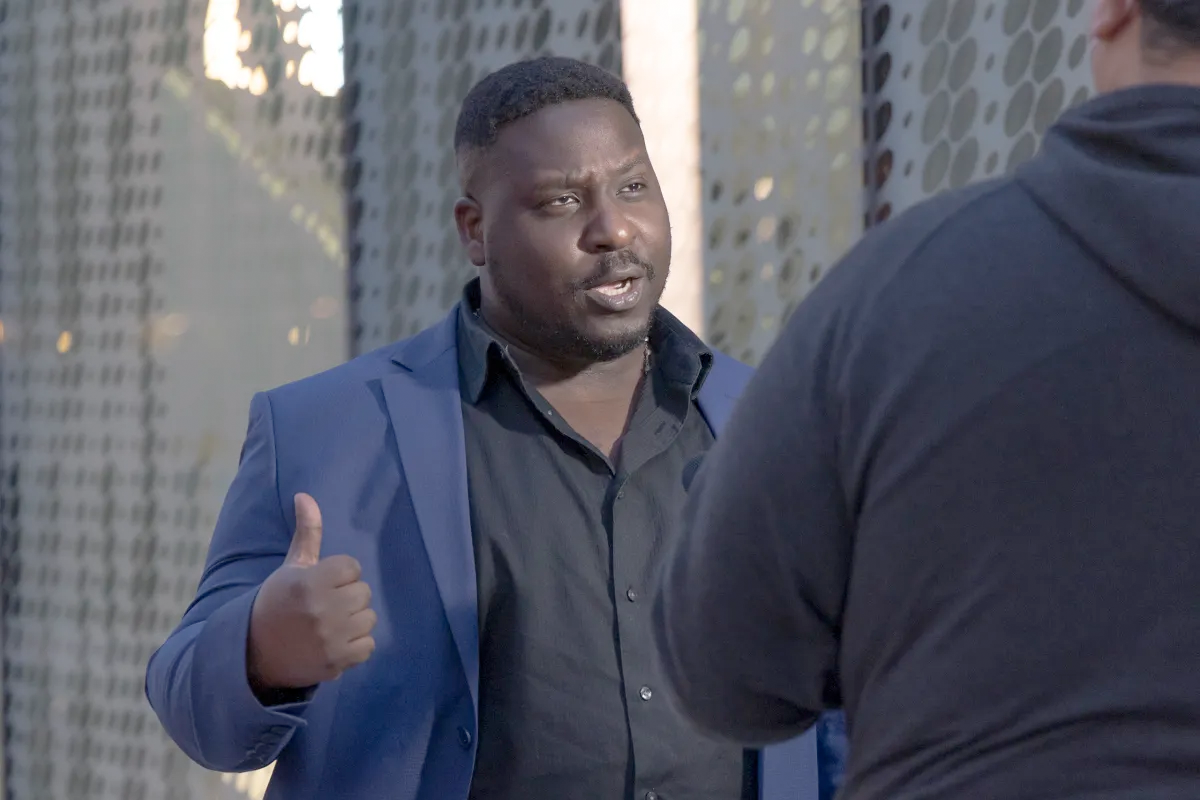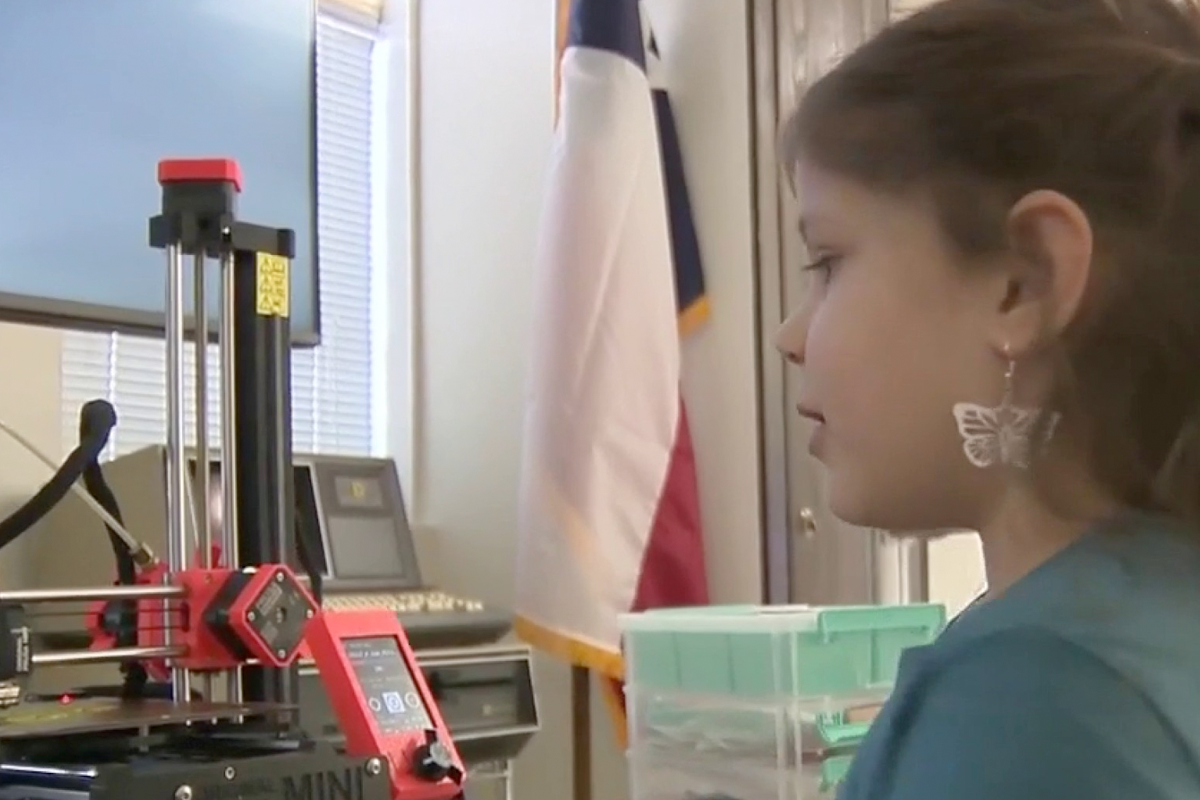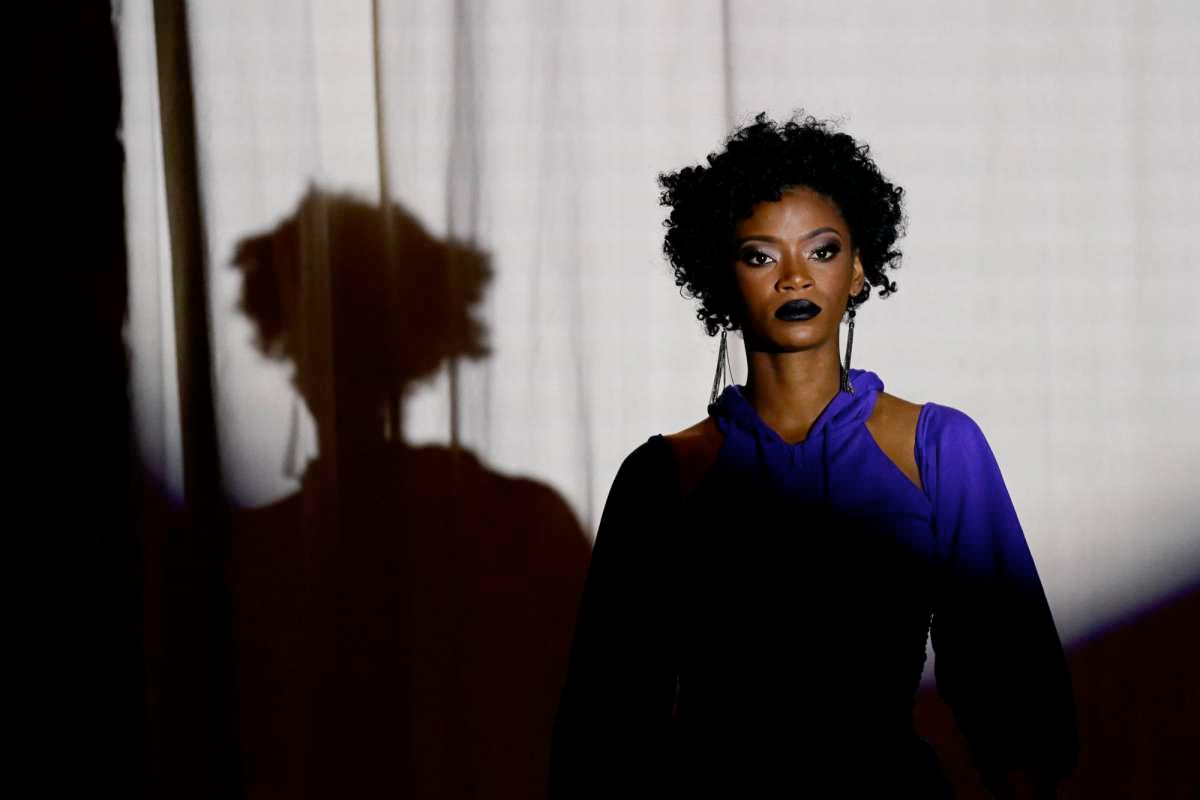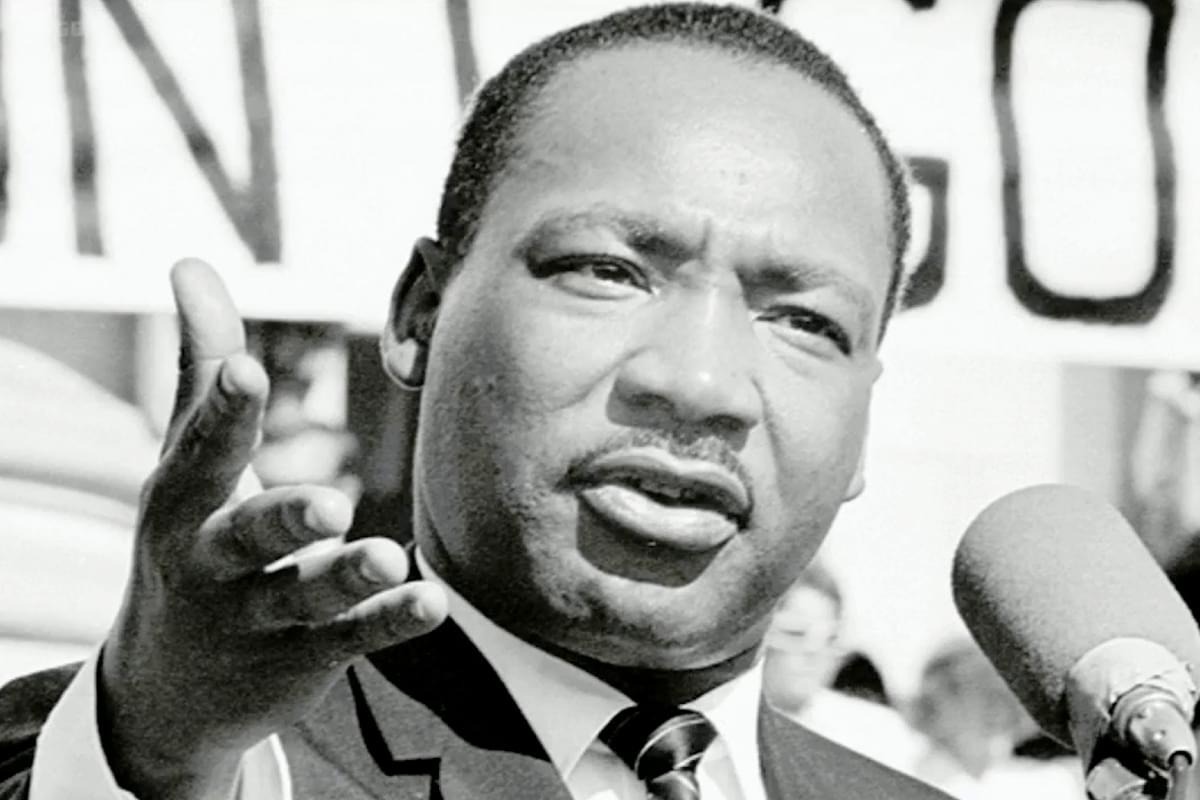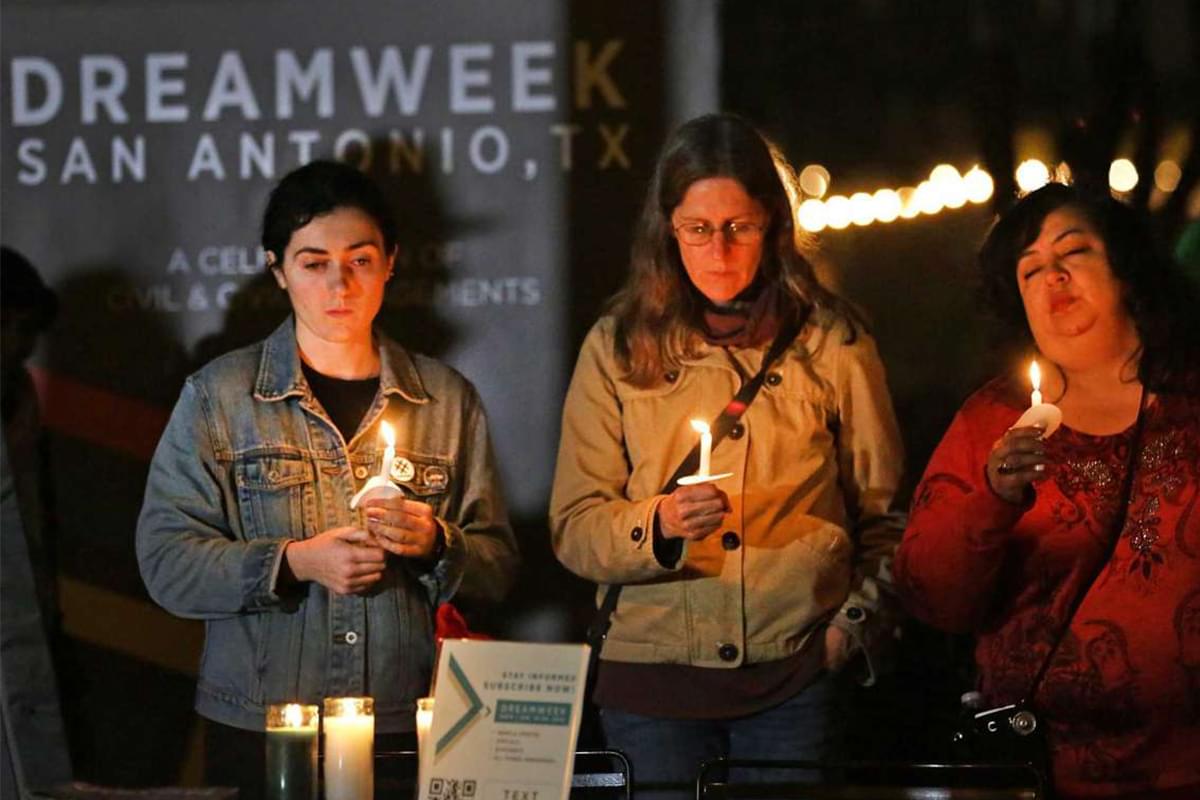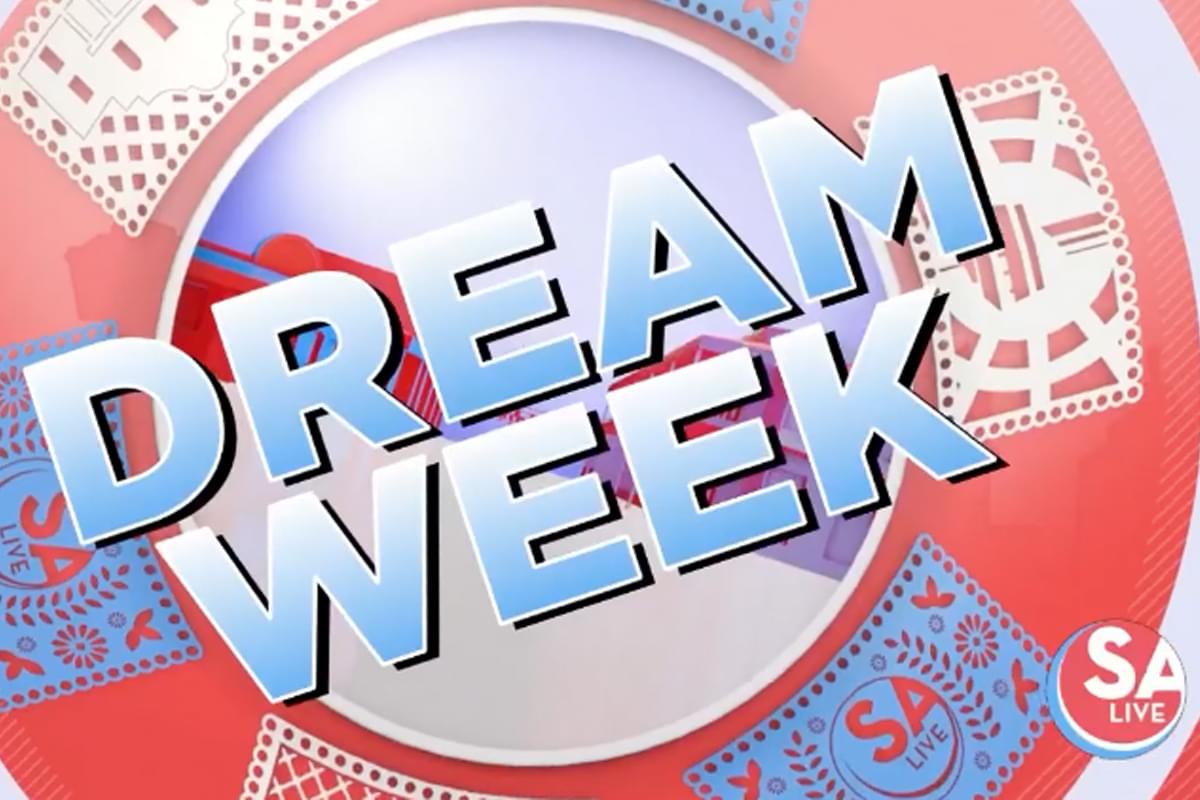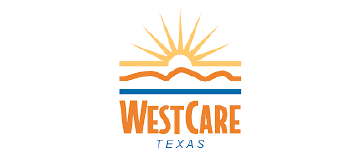Following criticism by supporters of imprisoned Rwandan Paul Rusesabagina over a panel discussion, a DreamWeek organizer said providing a platform for the Rwandan ambassador to the U.S. to speak in San Antonio allows people to make up their own minds about the country’s government.
Supporters of Rusesabagina and his family expressed outrage over the event Friday featuring Rwandan Ambassador Mathilde Mukantabana. Rusesabagina rose to international fame after his efforts to save more than 1,200 fellow Rwandans from genocide inspired the 2004 film Hotel Rwanda. He later moved to San Antonio with his wife.
Rwandan authorities arrested Rusesabagina while he was traveling internationally in August 2020 and put him on trial on charges including terrorism, arson and murder. In September, he was convicted of backing a rebel group responsible for deadly attacks in 2018 and 2019 and sentenced to 25 years in prison. Rusesabagina’s family said he was kidnapped and not provided a fair trial.
Trésor Rusesabagina, Rusesabagina’s son, said he planned to attend the event, which he did not think should be canceled.
“To me, freedom of speech is important,” he said Friday before the event. “Everybody has a right to say their piece.”
At DreamWeek 2020, Paul Rusesabagina served as the keynote speaker for the entire summit, a move that was criticized by some, said Shokare Nakpodia, the event’s organizer. After that event, he offered the people who opposed Rusesabagina’s appearance at the summit an opportunity to present their own event at DreamWeek. These members of the Rwandan community in San Antonio invited the ambassador to speak at DreamWeek this year.
“This was just a way for people in the Rwandan community, some of whom were vexed by Paul’s inclusion as a keynote speaker, post an event at DreamWeek,” Nakpodia said. “We really didn’t have any say in whatever they were going to include there.”
DreamVoice, the group that holds DreamWeek, worked with the organizers to hold the event with the ambassador, but Nakpodia said the organization works with all of its partners to figure out the logistics of holding events during DreamWeek. He anticipated there would be some fallout for the decision to bring Mukantabana to the event.
“I personally do not see any reason why the ambassador cannot be here and she be in an environment where she can be challenged for whatever she says or questions that can be put to her,” he said.
Trésor Rusesabagina said the criticism of the DreamWeek event is not just about his father. He said the Rwandan government has thrown other people in jail, such as young YouTubers, who publicly oppose the government.
“People have disappeared. Families have been broken,” he said. “This is why people are upset.”
Nakpodia understands that some people think DreamWeek is giving a platform to people who allegedly abducted and tortured Paul Rusesabagina, but he said he did not want to stifle the other voices in the Rwandan community.
“We think that everyone needs to be heard and that the truest voice is always going to prevail,” he said.
Nakpodia acknowledged that the members of the Rwandan government at the panel could lie, but he said it’s important that people make up their own minds. He doesn’t think the organization should police what people say.
“The question now becomes: who are the truth-tellers here in our environment? Can you step up as well and host a panel? It could be a rebuttal,” he said. “That’s really what we try to encourage, that kind of open conversation.”
It’s not the first time a DreamWeek panel has attracted controversy. In 2019, organizers withdrew an invitation to Rachel Dolezal, a white woman who became the subject of a Netflix documentary following a firestorm created by identifying herself as Black. DreamWeek asked her to join a panel about the documentary but changed course after a protest petition gathered more than 1,100 signatures.
